In the realm of lighting technology, LED controllers stand out as versatile tools that enable precise control over illumination. From adjusting brightness to creating dynamic color effects, LED controllers cater to a wide range of applications across residential, commercial, and entertainment sectors. This blog delves into the various types of LED controllers available today, highlighting their functionalities, advantages, and suitable applications.
Introduction to LED Controllers
LED controllers serve as the backbone of modern lighting systems, allowing users to regulate and customize lighting parameters with ease. Whether managing single-color LEDs or RGB (Red, Green, Blue) combinations, these controllers offer flexibility and efficiency that traditional lighting methods struggle to match.

Types of LED Controllers
-
Single-Color LED Controllers:
- PWM Controllers: Pulse Width Modulation (PWM) controllers regulate the brightness of single-color LEDs by rapidly switching them on and off. This technique modulates the width of the pulses to adjust the average voltage supplied to the LEDs, thus controlling their brightness levels.
- Analog Dimmers: Analog dimmers provide a smooth dimming experience for single-color LEDs by adjusting the voltage or current flowing through the LEDs. These dimmers are often used in applications where gradual dimming is required, such as in residential and hospitality settings.
-
RGB LED Controllers:
-
RGB Controllers: These controllers manage RGB LEDs, allowing users to create a spectrum of colors by adjusting the intensity of red, green, and blue light outputs. RGB controllers come in various forms:
- Basic RGB Controllers: Provide manual control over color mixing and brightness.
- Programmable RGB Controllers: Enable users to create custom color sequences and dynamic lighting effects.
- Wireless RGB Controllers: Offer remote or app-based control, facilitating integration with smart home systems and mobile devices.
-
RGB Controllers: These controllers manage RGB LEDs, allowing users to create a spectrum of colors by adjusting the intensity of red, green, and blue light outputs. RGB controllers come in various forms:
-
RGBW LED Controllers:
- RGBW Controllers: Designed for RGB LEDs with an additional white LED channel, RGBW controllers enhance color rendition and provide a true white light option. They offer the flexibility to switch between colored and white light modes, catering to diverse lighting requirements in architectural, commercial, and residential applications.
-
DMX Controllers:
- DMX (Digital Multiplexing) Controllers: Widely used in professional lighting environments such as theaters, concerts, and architectural lighting, DMX controllers transmit digital signals to control multiple channels of lighting fixtures. They support complex lighting setups with precise control over color, intensity, and effects.
-
Smart LED Controllers:
- Smart Controllers: Leveraging connectivity technologies like Wi-Fi, Bluetooth, Zigbee, or proprietary protocols, smart LED controllers enable remote control, scheduling, and automation through mobile apps or voice assistants. They integrate seamlessly into smart home ecosystems, offering convenience and energy efficiency benefits.

Applications of LED Controllers
-
Residential Lighting: Enhance home ambiance with dimmable LED strips, color-changing bulbs, and smart lighting systems controlled via smartphones or voice commands.
-
Commercial and Hospitality: Create captivating lighting displays in hotels, restaurants, and retail spaces using RGB and DMX controllers to attract customers and enhance brand identity.
-
Architectural Lighting: Illuminate building facades, bridges, and monuments with programmable RGBW controllers, transforming urban landscapes with dynamic color effects and artistic lighting designs.
-
Entertainment and Events: Deploy DMX controllers in theaters, concerts, and themed attractions to synchronize lighting with music and create immersive visual experiences for audiences.
Conclusion
The evolution of LED controllers has revolutionized the lighting industry, offering unprecedented control, energy efficiency, and creative possibilities. Whether you're looking to set the mood at home, highlight architectural features, or stage a memorable event, LED controllers provide the tools to achieve your lighting vision.
In summary, understanding the different types of LED controllers equips users with the knowledge to select the right controller for their specific lighting needs. As technology continues to advance, LED controllers will undoubtedly play a pivotal role in shaping the future of illuminated environments.



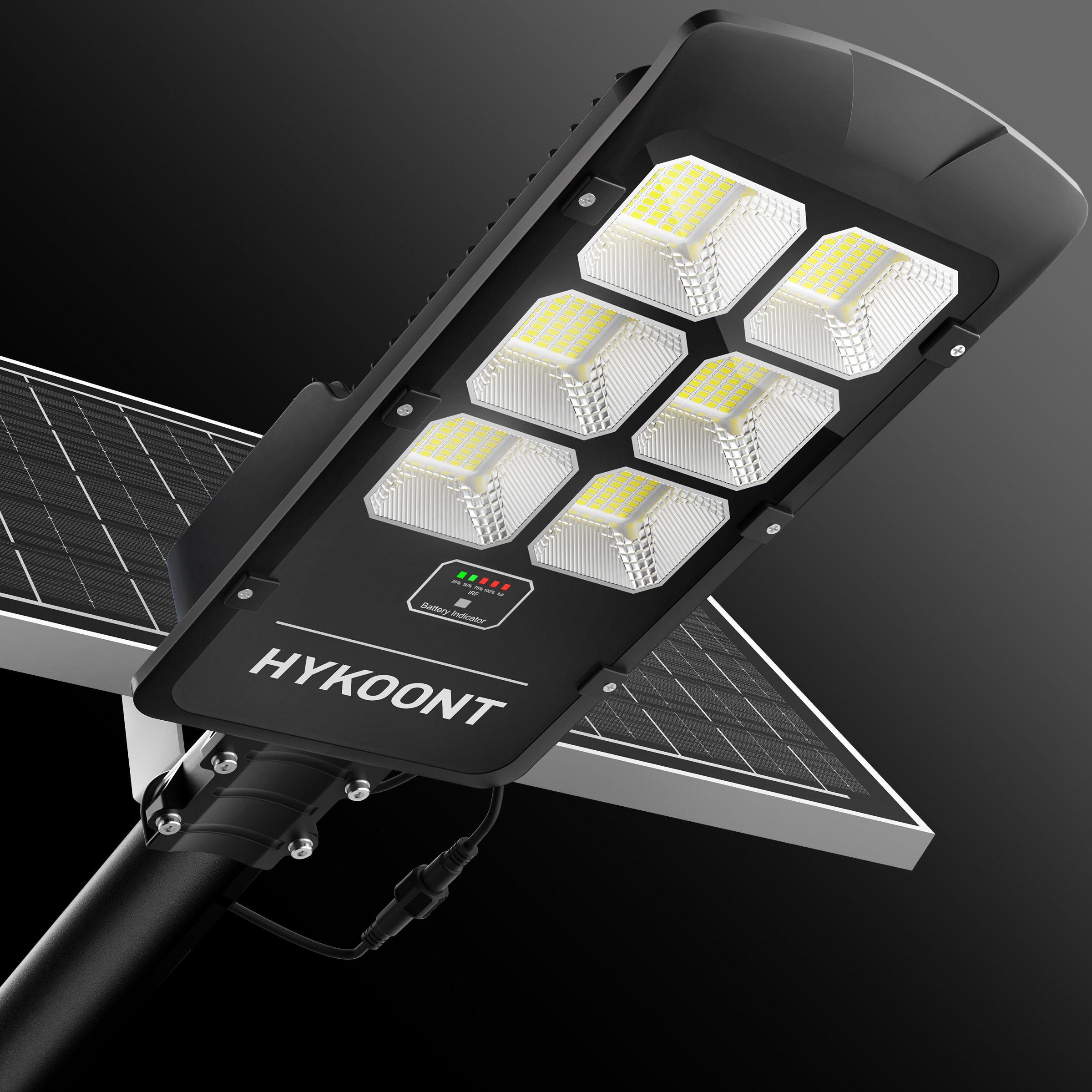
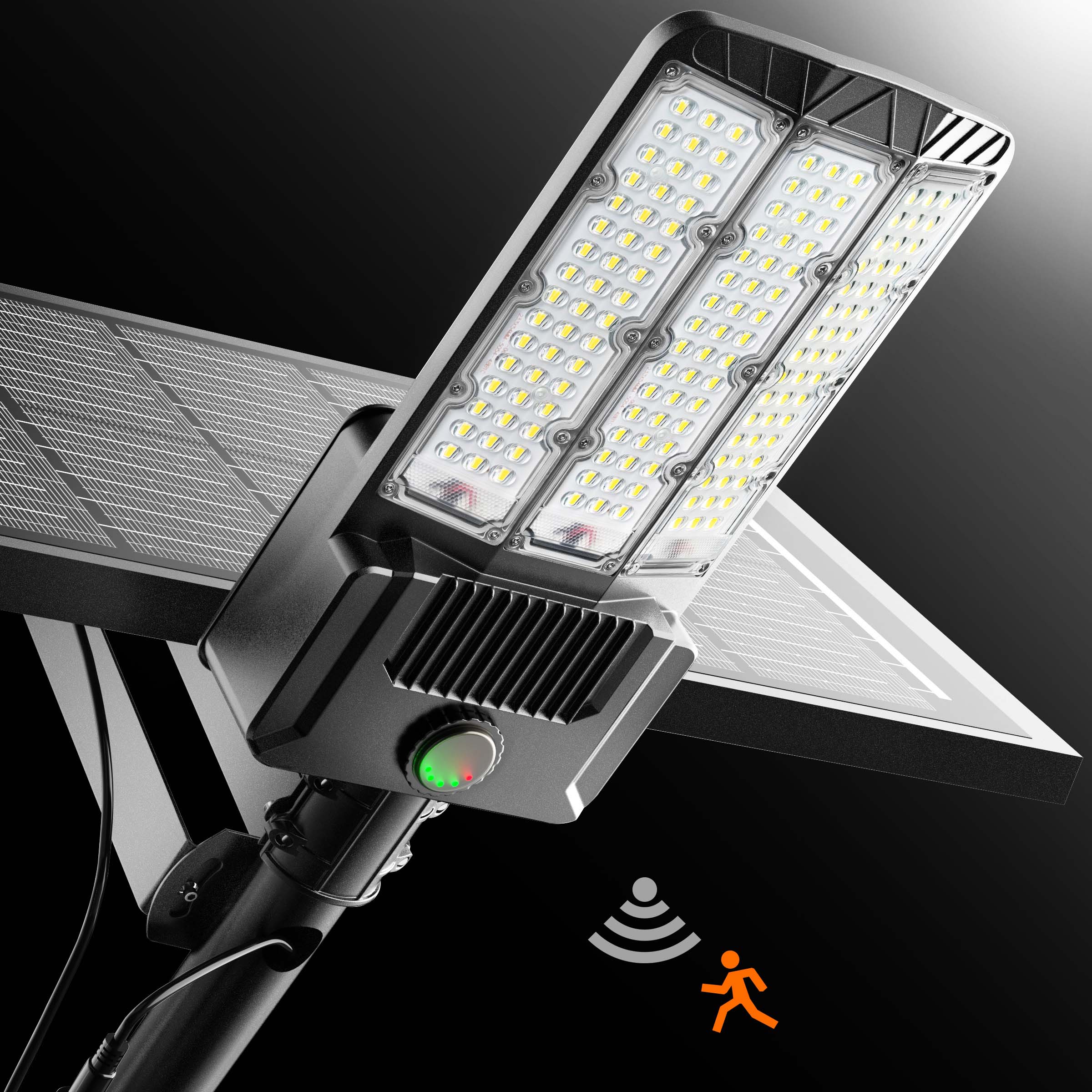
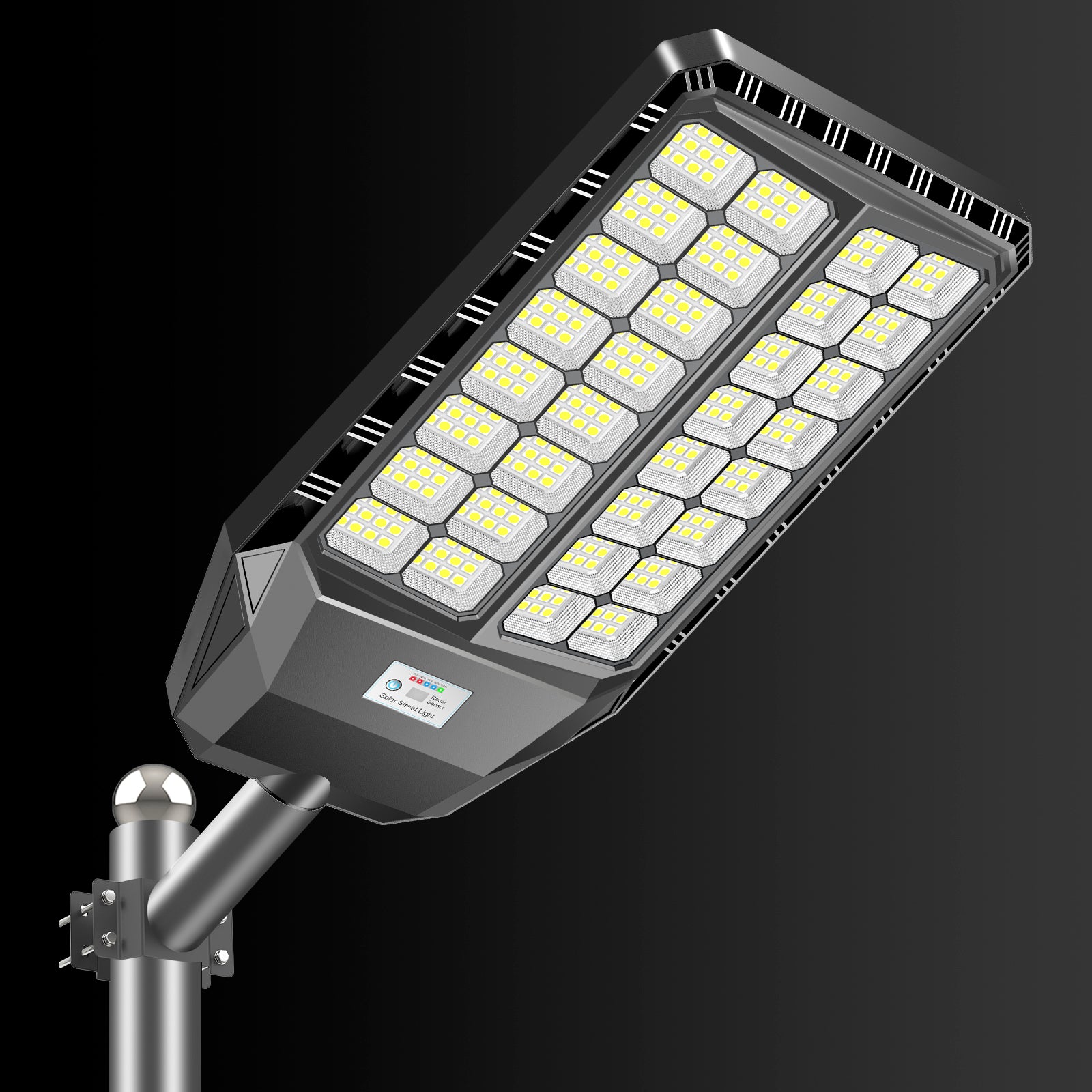

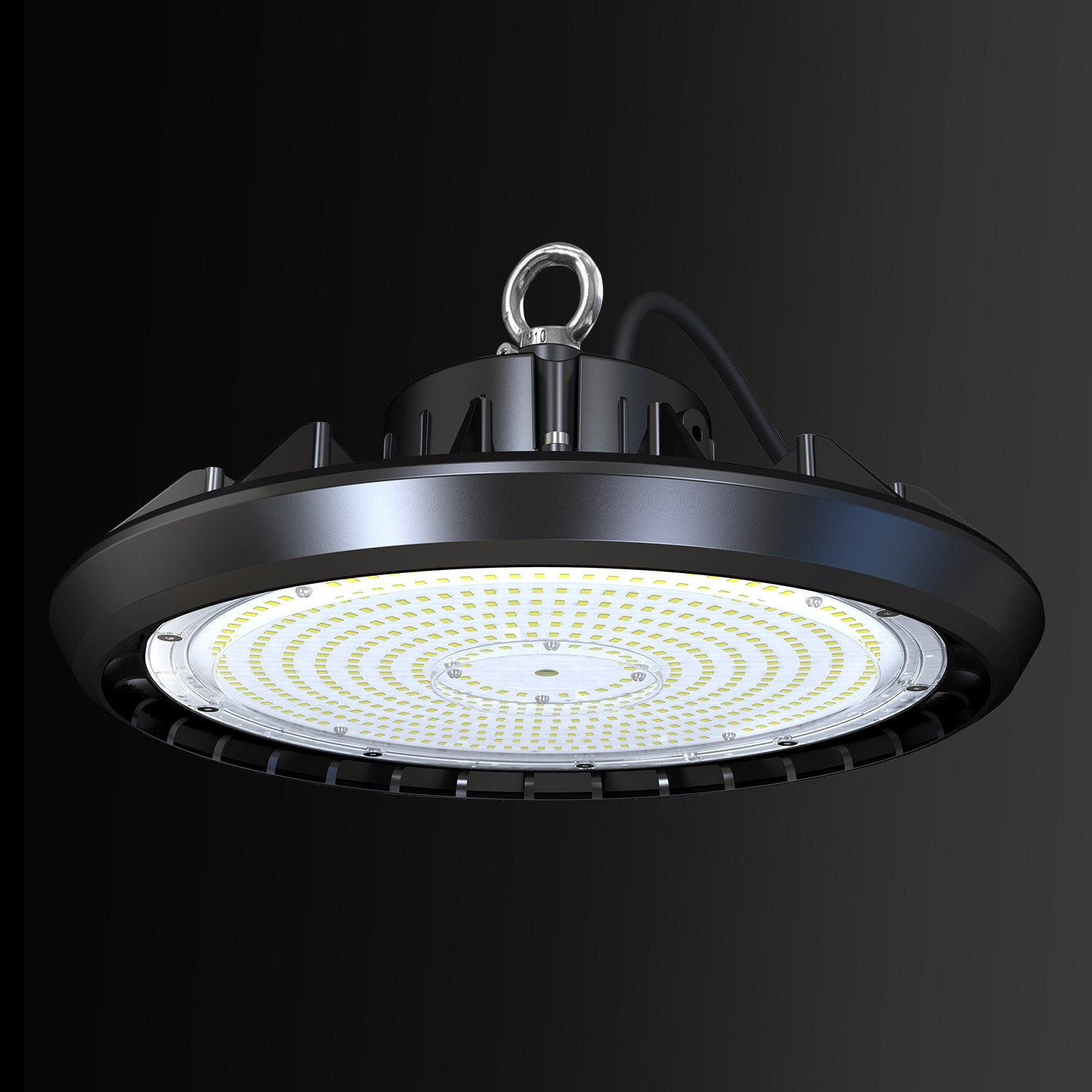
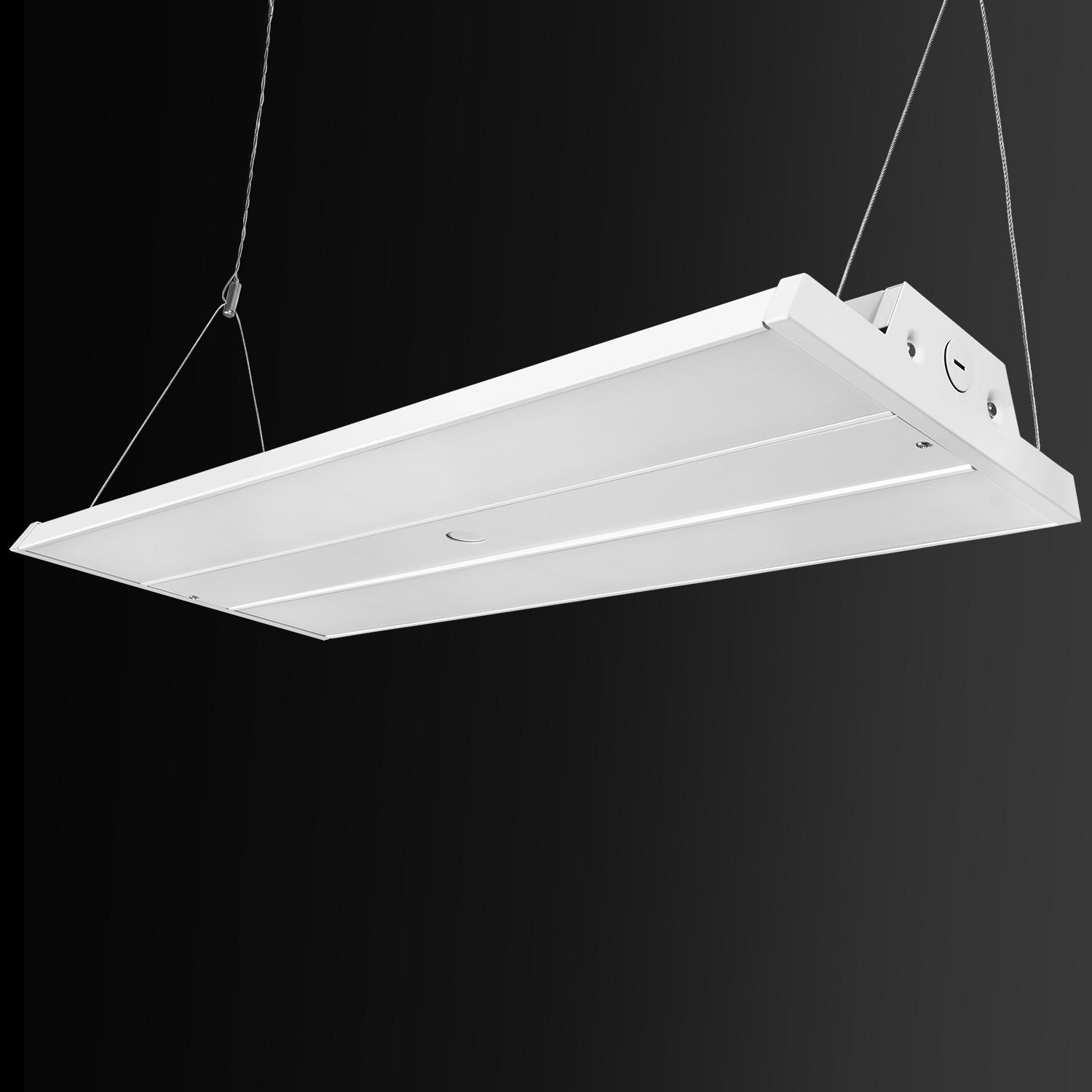
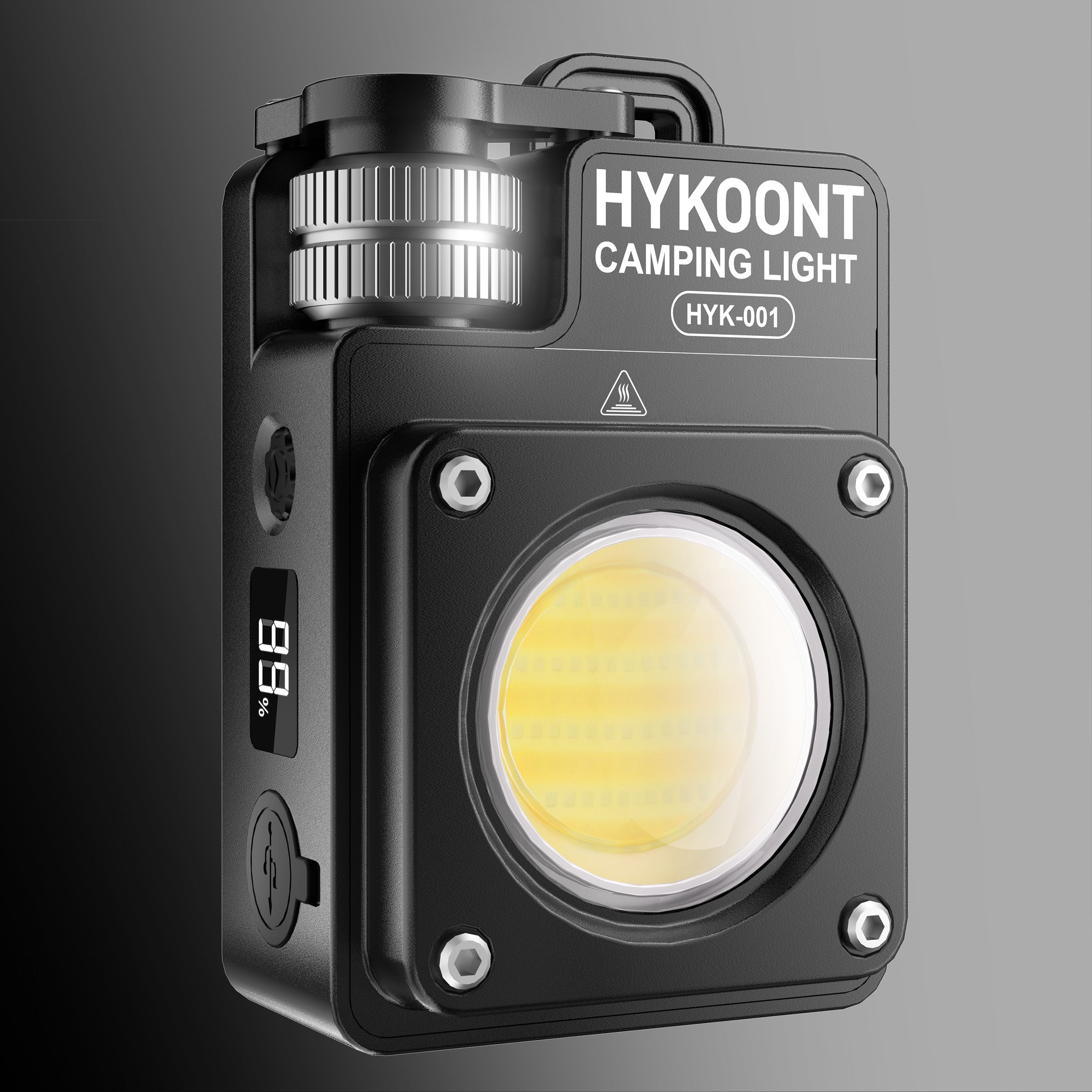
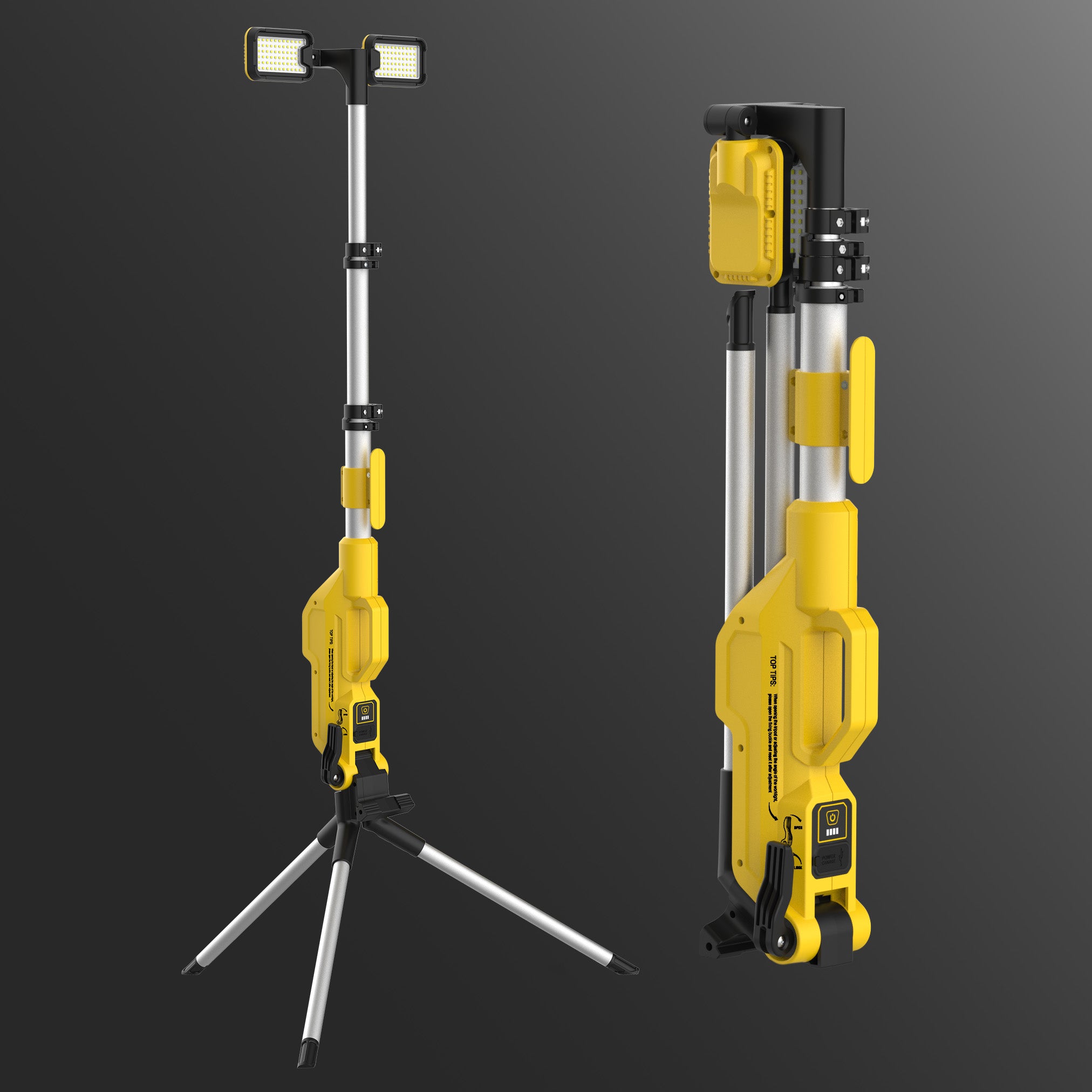
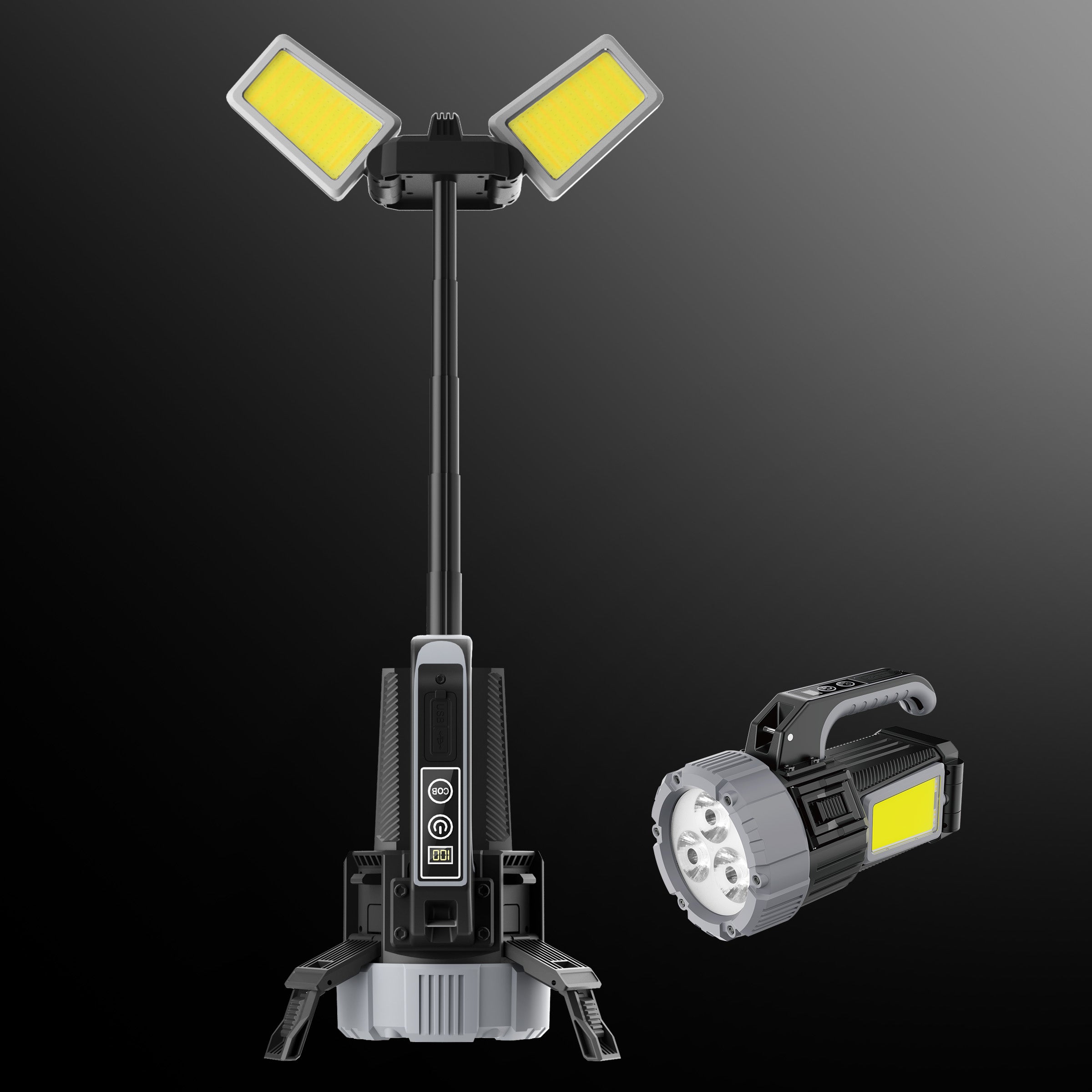



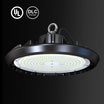
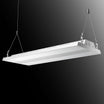


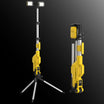
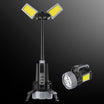
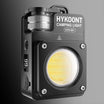
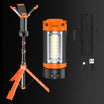
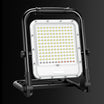
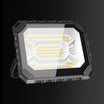






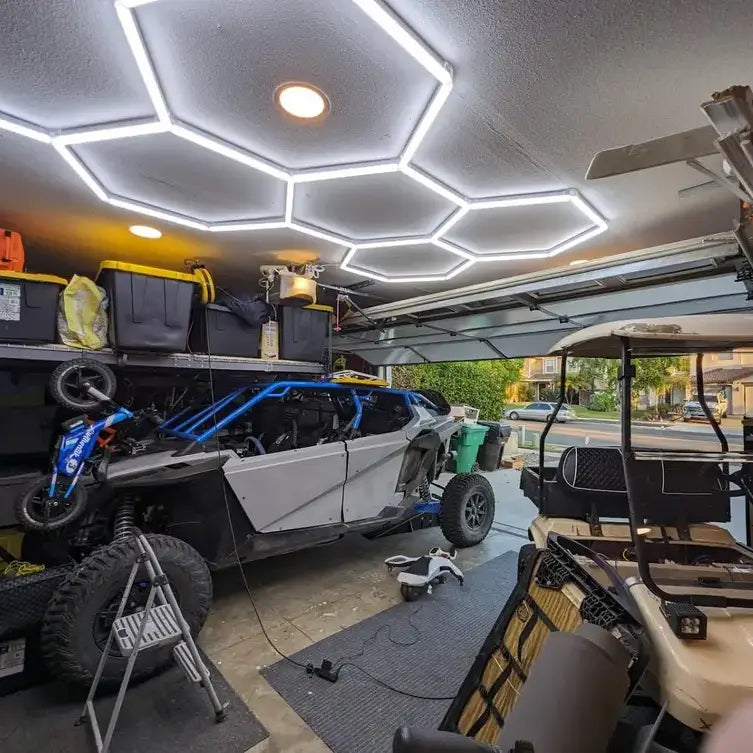
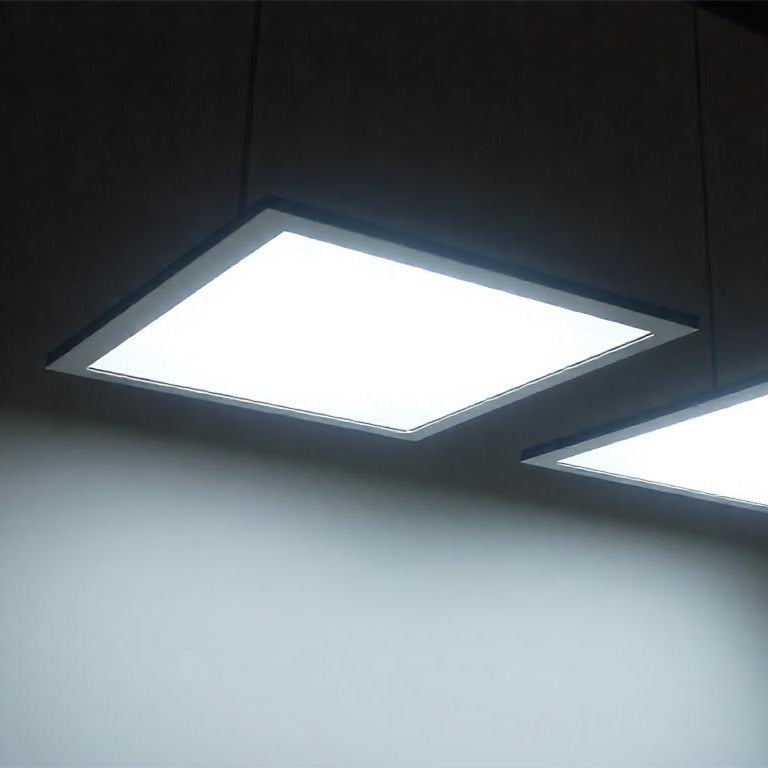

Leave a comment
This site is protected by hCaptcha and the hCaptcha Privacy Policy and Terms of Service apply.